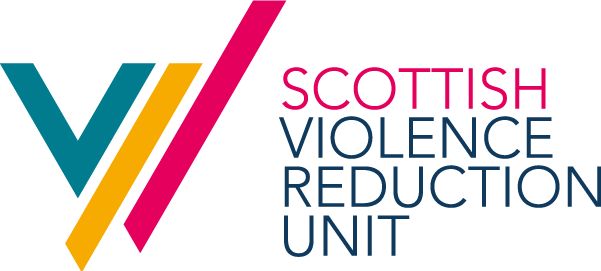We have been speaking with BBC One’s Panorama programme about how Scotland cut violent crime. I want to take this opportunity to underline that the advances Scotland has made in respect of our violence journey has involved numerous agencies. We need to offer thanks and recognition to all the partners and individuals who have been on this journey with us – the dedicated teachers, health care professionals, social workers, police officers, politicians, councils, community representatives and the third sector who have come together to make a tangible difference, which has seen Scotland move away from the days when we were amongst the most violent places in the developed world.
Scotland’s narrative is a story of complex change and advances alongside much compromise and continuous learning. Founded in 2005, the SVRU had a simple but ambitious mission and that was that things could be different. Glasgow’s violence and homicide rates were high, and it was recognised that policing on its own could not reverse the deep-seated problems – merely putting people into prison did not address the underlying causes of violence. You cannot arrest your way out of this problem.
The work of the Scottish Violence Reduction Unit is repeatedly described as a public health approach which was revolutionary at the time. This can often be cited without explanation. A public health approach treats violence as a disease which can infect communities in the same way as a virus and there are four steps to applying this methodology: 1) Define the problem through the systematic collection of information and data 2) Establish the causes of violence and what factors could be changed through intervention 3) Design, implement and evaluate interventions 4) Scale-up effective interventions to have as wide an impact as possible.
The public health approach allows for a framework for investigating and understanding the causes and consequences of violence and, by taking this route, Scotland found a way to discuss and examine the issue, to encourage us to view violence as a problem for all to resolve, not just criminal justice. It gave us an opportunity to tackle the root causes of violence rather than continuing to be reactive, recognising that the factors that can contribute to violence included employment and income, access to services, alcohol and drug consumption, relationships, family history and difficulties encountered in childhood.
One of the major factors in the drop in recorded violence in Scotland was the Community Intervention to Reduce Violence (CIRV) project which was aimed at addressing the prevalence of territorial gangs in the city of Glasgow. This multi-agency programme provided evidence that alternatives to our more conventional approach of enforcement and incarceration could deliver significant results. Since then the SVRU has worked with numerous other agencies to develop other preventative programmes such as Navigators, which will feature on Panorama. This evaluated programme which is delivered along with the charity ‘Medics Against Violence’, has now been established in 7 Emergency Department’s across Scotland and enables skilled individuals to intervene with patients at a time of crisis in their lives and steer them to other services where they can obtain the help they need to provide hope for the future. These are merely examples of some of the projects that we have delivered with partners since 2005.
We have come a long way since we were formed but we are not yet free from violence in Scotland – no such assumption exists in the SVRU. There is much still to be done. In recent years, progress in relation to violence reduction has plateaued. As a result, we now look for new intervention programmes, new partners and we seek to encourage a wider debate on the issues which cause violence and how we can continually improve. We know that violence is preventable, not inevitable.
The recognition that we have received leads to regular visitations from across the world. Indeed, more recently other areas of the UK have decided that they also wish to follow the Scottish route. In the last 12 months 15 VRU’s have been created in England and Wales. Many of these new units sought our advice whilst being established. When we meet these visitors, we are always keen to stress that our journey hasn’t finished and that our projects cannot just be ‘lifted and laid’ elsewhere. But provided the public health model is followed, there is no reason why they cannot be adapted for other towns and cities to meet the particular issues that are identified there.
With appreciation to all our partners and the individuals both past and present, I wish to thank the BBC, True Vision and Kate Silverton for capturing just some of the positive work that has been done over the past 15 years. I look forward to continuing this work with the aim of contributing to the desire to make Scotland the best place in the world for our children to grow and flourish.
Niven Rennie, Director of the Scottish Violence Reduction Unit.
